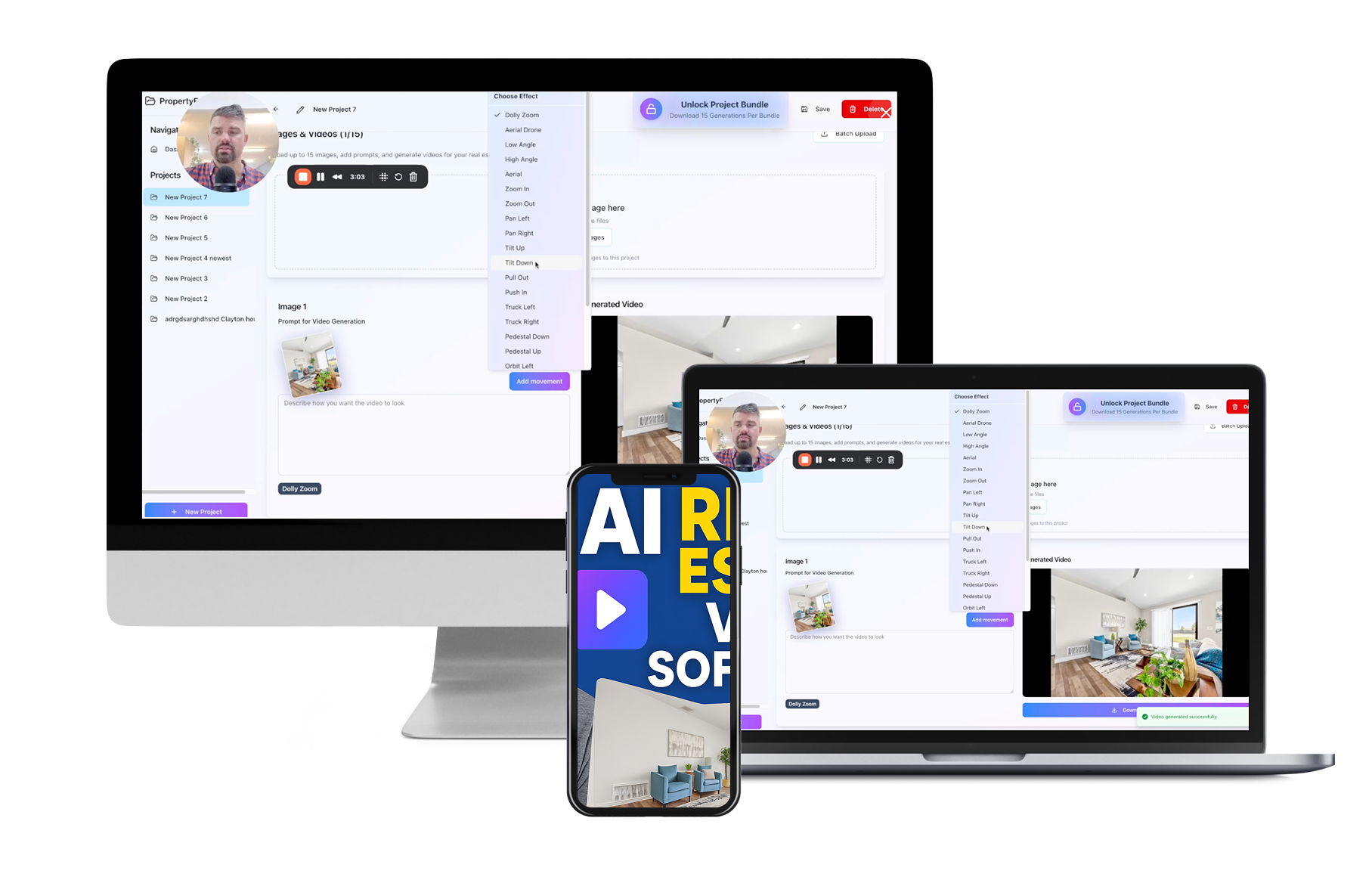Leveraging Internet of Things in Modern Real Estate Developments
The digital transformation of real estate is impossible to discuss without mentioning the Internet of Things (IoT). As the world becomes increasingly interconnected, leveraging Internet of Things in modern real estate developments presents unparalleled opportunities for property managers, developers, and residents alike. IoT in real estate isn’t merely a trend; it's a technological shift redefining what we expect from our living spaces and urban environments.
Understanding the Impact of IoT on Real Estate
What is the Internet of Things (IoT)?
The Internet of Things (IoT) refers to a network of physical devices connected to the internet, collecting and exchanging data without human intervention. In real estate, these devices can include anything from smart thermostats to advanced security systems, all working to enhance property management and user experience.
Core Benefits of IoT for Real Estate
The core benefits of using IoT in real estate developments include:
- Enhanced Security: Smart security systems offer advanced surveillance and threat detection.
- Energy Efficiency: Smart grids and devices optimize electricity use, leading to cost savings.
- Automation and Control: Home automation systems provide residents full control over their living environments.
Leveraging Internet of Things in Modern Real Estate Developments: Key Applications
Smart Buildings and Adaptive Management
Leveraging Internet of Things in modern real estate developments isn't limited to smart home gadgets. IoT plays a transformative role in larger infrastructures through smart buildings that adapt and respond in real-time to changes in their environment.
Efficient Energy Management
Smart building management systems use IoT devices to monitor energy consumption in real-time, automatically adjusting lighting, heating, and cooling to optimize energy efficiency without sacrificing comfort.
Predictive Maintenance
IoT systems can predict equipment failures before they happen, allowing maintenance teams to perform necessary tasks proactively. This results in lower operational costs and increased equipment life spans.
Enhancing Resident Experience with IoT
Tailored Living Environments
Smart home devices allow residents to create personalized environments tailored to their preferences. This includes everything from adjusting room temperatures and lighting based on their schedules, to personalized entertainment systems.
Seamless Connectivity
Providing seamless connectivity ensures that residents can stay connected online without interruption. High-speed internet powered by IoT devices facilitates everything from remote working to streaming services.
Advanced Security Features
IoT-enabled security systems can offer real-time monitoring and alerts. Key features include:
- Smart Surveillance Cameras: Offer remote access via smartphones.
- Automated Lock Systems: Control and monitor door locks remotely.
- Intrusion Detection Systems: Alert homeowners instantly in case of unauthorized access attempts.
Case Studies: Real-World Successes of IoT in Real Estate
Smart Cities Initiatives
Cities around the world are embracing IoT to develop smart city initiatives, which integrate technology into public infrastructure to improve the quality of urban life.
- Barcelona has successfully deployed IoT solutions to manage street lighting and waste collection efficiently.
- Singapore uses a city-wide network of sensors to optimize traffic flow and reduce congestion.
Innovative Real Estate Developments
Projects like Hudson Yards in New York City exemplify leveraging Internet of Things in modern real estate developments by integrating IoT from the ground up. This involves the use of IoT for enhanced energy management, resident amenities, and operational efficiencies.
Future Trends in IoT for Real Estate
5G and IoT Integration
The rollout of 5G networks will exponentially expand the capabilities of IoT in real estate, allowing for faster data transfer and more reliable device connectivity.
Sustainable Developments
Sustainable real estate developments leveraging IoT aim to reduce carbon footprints by integrating renewable energy sources and improving building sustainability through smart technologies.
Best Practices for Implementing IoT in Real Estate
Emphasize Security and Privacy
The implementation of IoT in real estate must prioritize security and privacy. Developers should ensure that all systems are equipped with advanced encryption and privacy protocols to protect sensitive data.
Collaborate with Tech Innovators
Partnering with leading technology firms can ensure that real estate developments have access to the latest IoT advancements. This collaboration can also aid in integrating technological solutions that meet the unique needs of each development.
Focus on Scalability
IoT solutions should be scalable, allowing real estate developments to expand their connected systems as technology evolves and expands.
Conclusion: The Future is Smart Real Estate
As we continue to see advancements in technology, the trend of leveraging Internet of Things in modern real estate developments is only set to grow. By embracing IoT, developers can create innovative, efficient, and sustainable living environments that cater to the evolving needs of today’s residents.
Ready to transform your real estate developments with IoT? Begin your journey by exploring partnerships with leading IoT providers and technology experts.



